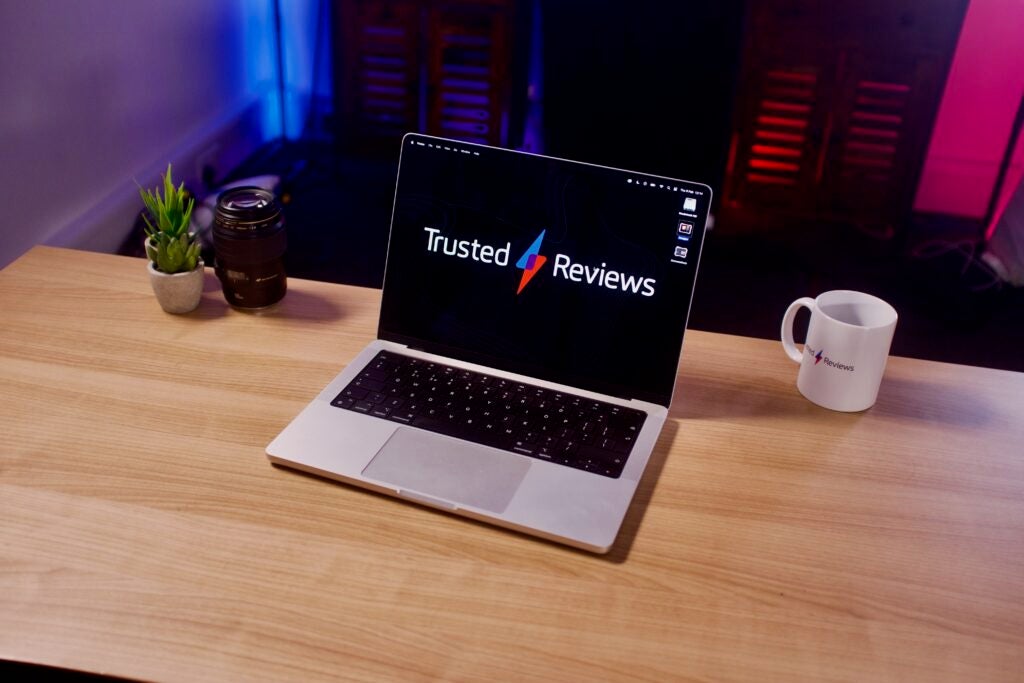OPINION: The news that Microsoft is developing its own Arm chips for its Surface products can only bring trouble to its consumers, as Apple clearly already has that covered.
Those interested in the computing industry will be well aware that back in late 2020, Apple moved away from Intel processors and started using its own Apple Silicon hardware inside its laptops and desktops. Apple has had spectacular success with its Silicon since then, with the latest Apple M2 series taking over from the juggernaut that was the M1 range.
Now, it looks like Microsoft is taking a few leafs out of Apple’s book, as the company seems to be gearing up to develop its own line of chips, at least according to a report by The Verge. The company has not stated this intention specifically, but a report from Windows Latest shows a number of job listings, specifically a lead system-on-chip architect.
While we could brush this off as pure speculation, the vacancies are set to fill a “Microsoft Silicon Team” role, which makes me think that Microsoft is doing more than just refining its current Windows-on-Arm process. And I have to say, the thought of Microsoft developing its own line of Arm chips does not inspire me with a massive amount of hope.
For one thing, Apple has already mastered this and it’s going to be difficult for Microsoft to compete. Unless you’re looking for a gaming device, Apple’s line of MacBooks pretty much covers every use case you could think of. The latest MacBook Pro (2023) is yet another fantastic laptop that has massive amounts of power thanks to the M2 Pro or M2 Max chipsets it can be configured with. No other company has come close to releasing a processor so capable of balancing both performance and battery efficiency.

And it’s no surprise that Apple is so good at this. The company has been making its own chips for a very long time, with all the iPhones, iPads and even the sadly retired iPods all touting chips that were made in-house. And since Apple chips only need to run on Apple products, they provide a very consistent and streamlined experience when paired with macOS.
In comparison, Microsoft has relatively little experience designing its own SoC, aside from custom chips when working alongside AMD and Qualcomm. We can assume that any ‘Microsoft Silicon’ chips will be used predominantly (and potentially exclusively) in its own line of Surface laptops, but I can only imagine it would take years for the company to even have a shot at beating Apple in terms of power – even Qualcomm hasn’t quite managed it yet,
And Microsoft already has an area where it shines. Windows was the dominant desktop operating system in January 2023, and you probably know at least one person who refuses to switch over to Apple since they just prefer Microsoft’s operating system, especially in regards to gaming. That’s where the focus should be; improving Windows 11.
Windows 11 is a great operating system, but it’s still suffering compatibility issues with Arm-powered computers such as the Lenovo ThinkPad X13s that I recently reviewed. Microsoft really needs to sort this out before developing its own Arm-based chip, as it’s becoming difficult to recommend any Arm-powered laptop that runs on Windows.
Microsoft plays a massive role in the computing industry, and it’s safe to say that since its inception in 1975, it’s made massive strides in making computers more accessible and easier to navigate. But that doesn’t mean that the company needs to stick its fingers in every pie, especially when we already know that Apple will continually be able to do it better.
Ctrl+Alt+Delete is our weekly computing-focussed opinion column where we delve deeper into the world of computers, laptops, components, peripherals and more. Find it on Trusted Reviews every Saturday afternoon.




